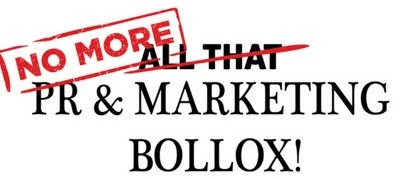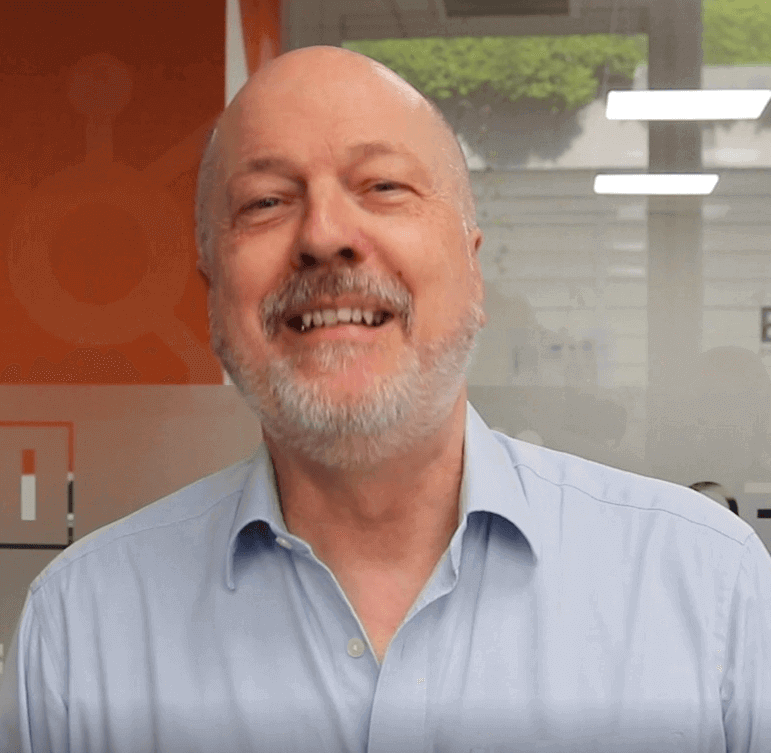

As discussed in my Intro to PPC post, the Google AdWords search network platform is a vital part of any online marketing strategy. However, it isn’t always the most suitable way for a company to reach its target audience.
For example, if you’re a small company targeting keywords that are incredibly competitive, it can be hard to even get your ads placed against the market’s big players, and entirely unfeasible to waste your entire budget doing so. Or perhaps you are in a situation where your market is small and your search term is rarely executed. You may be capturing all the potential traffic you possibly can from a hyper-specific keyword via your Google ads, but it’s still not bringing you enough traffic and interest to result in a regular stream of conversions and business leads.In that situation, using social media as a form of paid media can be a great alternative or additional solution. When it comes to paid search, you’re essentially setting yourself up to be found, whereas in these paid social markets you’re seeking out and finding the people who you know might be interested in what you offer. You can do this by targeting an ad to a particular job description or title on LinkedIn, a hashtag on Twitter, or an interest on Facebook for example. In these cases, instead of targeting via PPC, or any person who happens to search for a relevant keyword, you can target the type of person you think might be interested in that topic via their social networks.
An example of this is a client who has a software solution which will process large volumes of PDFs and can automatically extract the data in tables and charts contained in these PDFs. The solution is very specialised and it’s not clear which types of companies have this issue and requirement. But we know the issue exists as they have some very happy clients. We’ve search engine optimised the website and feel confident that we’re doing everything we can via SEO and PPC to capture anyone searching, but we’re still not satisfied. After all, this is a small market so we want to make sure we’re reaching everyone we possibly can to reach our target market—even if they don’t yet know they need us. So we’re targeting C-Level Execs specifically with this ad so they’ll be presented with it when they use LinkedIn. The theory is that the problem is specific enough that this level of person will appreciate the problem and refer the opportunity downwards for someone to investigate.
LinkedIn is especially effective at this because people tend to populate their profiles with more identifying information than on other networks, particularly in the business sense. You can not only know someone’s industry, company, and job title, but also where they’re based and how many years they’ve been at that company. This can be incredibly useful when targeting with these kinds of ads and it provides you with a level of granular detail where you can be fairly certain this individual has the problem that you offer a solution to.
Whether it’s LinkedIn, Twitter, or even Facebook in more consumer facing contexts, paid social ads are ideal when you know your demographic, but they don’t necessarily know they need you. In other words, they don’t know they have a problem that you can solve—and that’s precisely why they haven’t searched that keyword on Google yet.
It’s worthwhile to note, though, that paid social can and usually should be done alongside a Google paid search campaign, not in place of it. The benefits are twofold: you expand your potential reach and also can gain a deeper understanding of which platforms work best at engaging your potential customers and bring in business.
This is particularly useful for situations where the market is small and the search term is specific or your target audience is niche and tied to something you can identify on social.
Targeting in this way is essentially a two-pronged approach. First, you ask: Do I know what my target market/target audience is and are those people coming to me and finding me? And second, if not, what can I do to go find them?
Tip #37: Use paid social media to reach prospects who don’t know that a solution to their business pain exists, so they aren’t searching for your product or service online
If you'd like to receive the latest 'All that PR & Marketing Bollox...Explained!' blogs straight to your inbox every week, you can subscribe below:




Submit a Comment